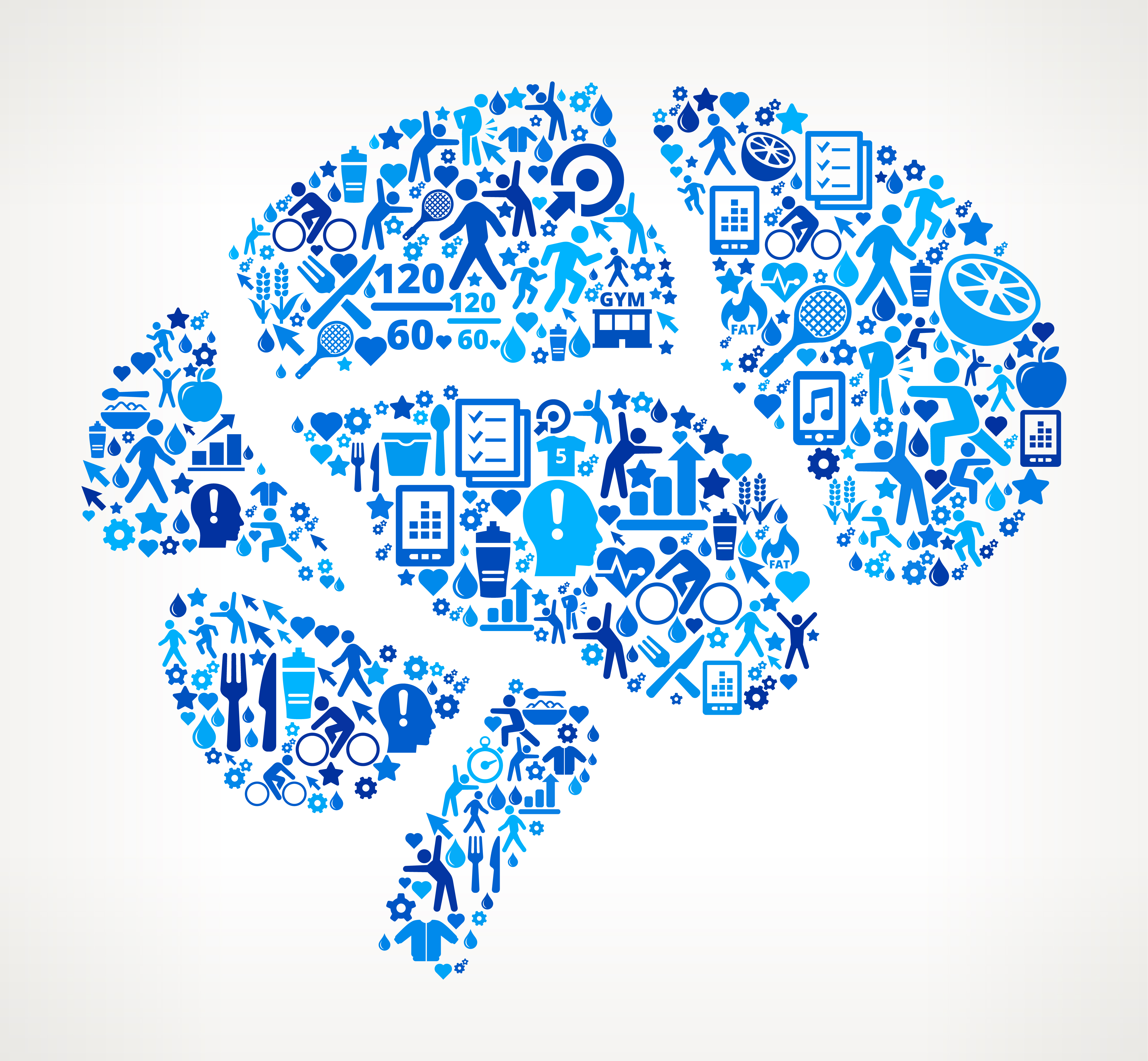AARP Hearing Center
I am often asked about ways to reduce the risk of developing certain neurodegenerative diseases, such as Alzheimer’s disease and Parkinson’s disease. The following are a few recent questions that have been posed online and through social media, along with my responses, so you, too, can understand the significance of healthy lifestyle choices and early testing to maintain brain health.
Q: Are there specific mental activities that you recommend to older adults who want to prevent brain disorders such as dementia and Alzheimer's? Does research support any online games and puzzles for brain fitness? Sara, Northbrook
A: I recommend that we remain lifelong learners. Learning forces our brain to form new connections and to prune and maintain connections. I am especially fond of learning new languages. Did you know that people who speak multiple languages have bigger brains (greater cognitive reserve)? Re-learn an old language from school, or learn a new one! It is never too late. I speak English, Greek, and Italian! Music is also a language. Re-learn an old instrument, or learn a new one. Read sheet music. Yes, puzzles and crosswords and computer games are fun and stimulating in some instances, but the key is always to learn. And it is OK to make mistakes! If you are not making mistakes, you are not having a learning experience. So challenge yourself!!!
Q: I'm in my mid-40s, and am starting to experience some memory problems; for example, sometimes I suddenly forget my colleague's name when I bump into them a hallway, or forget what I want to say in the middle of a conversation. Are these the symptom of early dementia? Is there a way to prevent it? Any brain exercise needed? Jane, Lake Bluff
A: There are many reasons why a person in your age group might be forgetful, including several treatable and reversible reasons. The best thing to do is to see a neurologist who has expertise in brain health or memory disorders. There are simple office tests that can quickly determine if you have a memory disorder or not, and there are many assessments that we can perform to identify the underlying reasons. Don't be afraid to have this checked out, because there is so much to offer! And in the event that it was a "false alarm", you will be empowered by the reassurance and by the brain healthy lifestyle and behavior factors that can be reviewed.

Q: My mother suffered with TIA's, and dementia, however, she lived to be 92 years old. I would like to know how to prevent having TIA's, and dementia as I age. I am 58 years old and healthy. Glenda, Evanston
A: Everyone's risk factor profile for dementia or stroke is personal. We recommend that adults see their primary care physician, dentist and gynecologist annually to identify chronic diseases such as hypertension, heart disease, obesity, hypercholesterolemia, diabetes, vitamin D deficiency, elevated uric acid, periodontitis, and to mitigate their late life effects (such as stroke or dementia). I would recommend that each year you undergo a series of health maintenance exams, and also consider the Center for Brain Health as an added measure. We can evaluate your personal risks, educate you in cross cutting benefits of exercise, diet, sleep, vitamins, etc., and partner with your primary doctors to keep you brain healthy for your entire life.
Q: What should we be doing now to prevent Alzheimer's and dementia? I have read that there are studies of drugs that can reverse the build-up of amyloid plaques in the brain. Would these work before plaques begin? Diane, Hinsdale
A: It is never too late to improve your brain health and to prevent Alzheimer's disease. Studies show that even people in their 70's when they exercise aerobically can grow the size of the memory parts of their brains and improve brain performance! I recommend that everyone do aerobic exercise (heart rate above 100, breaking a sweat) for at least 30 minutes at least 4 times a week (the more frequent and the more intense, the better). I also recommend that everyone strictly follow the Mediterranean diet. When we quiz people on their diet, we find that very few people in our geography are truly adhering to the Mediterranean diet. I also advocate for 6-8 hours of good quality sleep each night. I am a big believer in lifelong learning. I promote the use of vitamin D replacement and B-complex under a doctor's direction, and socialization to prevent depression and anxiety are important as well.

Demetrius M. Maraganore, MD, is Medical Director, NorthShore Neurological Institute; Chairman, Department of Neurology; and Director, Center for Brain Health, NorthShore University HealthSystem headquartered in Evanston, Illinois. Dr. Maraganore is an internationally renowned expert on the genetics of neurological disorders. At NorthShore he is leading the DodoNA Project, DNA predictions to improve neurological health. He is also leading the Neurology Practice Based Research Network, which aims to improve the quality of neurological care and to conduct practice based research using the electronic medical record, across several Departments of Neurology nationwide. Dr. Maraganore has been recognized as a top 1% neurologist by U.S. News and World Report. More The team at the Center for Brain Health at NorthShore Neurological Institute works with patients to reduce the risk for Alzheimer's disease, Parkinson's disease and other brain disorders, and to improve brain health. For more information, please visit NorthShore Center for Brain Health.































































